MS011 - Adaptive Methods for Uncertainty Quantification and Inverse Problems
Keywords: bayesian inversion, inverse problems, uncertainty quantification
Many tasks in computational science and engineering involve moving beyond forward simulation to quantify uncertainties and solve deterministic or stochastic inverse problems. Such tasks are often characterized as many-query since they typically require multiple evaluations of a forward (defined as mapping parameters to quantities of interest) computational model. When this forward computational model is high-fidelity and expensive to evaluate, it becomes critical to adaptively choose the model evaluations to maximize the information content they are expected to provide. In the context of uncertainty quantification, effective methodologies include both adaptive sampling methods and adaptive construction of surrogate models. In the context of inverse problems, approaches for Bayesian formulations typically seek to concentrate the computational effort in the regions supported by the posterior distribution. In either case, challenges include high-dimensional spaces, noisy or nondeterministic data and/or models, extracting meaningful information from big data, leveraging lower-fidelity information sources, developing goal-oriented approaches, and optimal design of experiments to maximize information content. In this minisymposium, we invite researchers to present recent work on uncertainty quantification and/or inverse problems, with a particular emphasis on robust and efficient adaptive methodologies. Topics include, but are not limited to: adaptive surrogate models, adaptive sampling (including importance sampling) strategies, adaptive sampling for inverse problems (both Bayesian and non-Bayesian), adaptive construction of posterior/updated distributions, adaptive design of experiments, manifold learning, and active or reinforcement learning.

